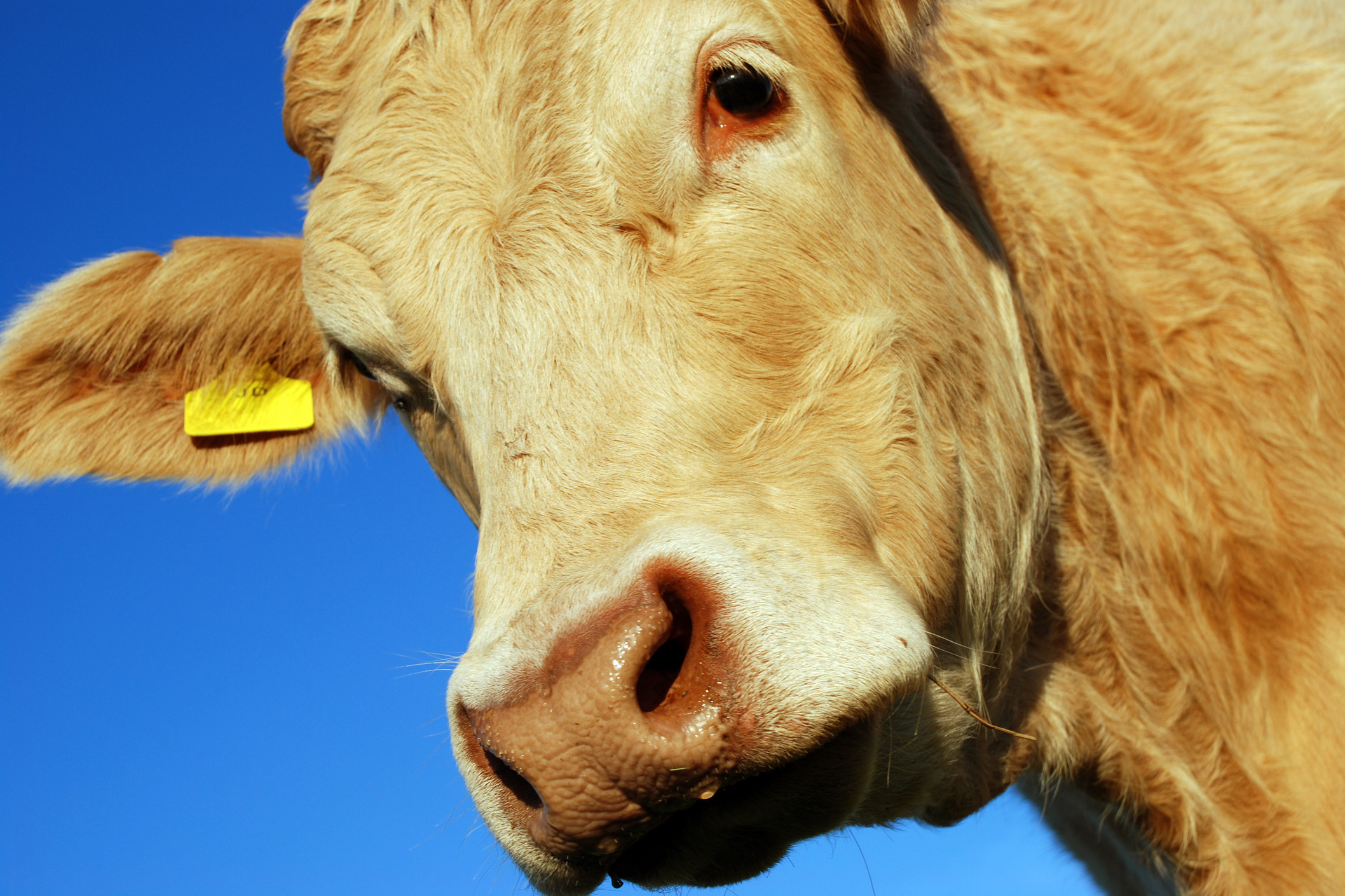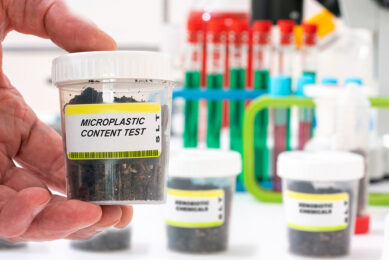Opportunities to share global methane data

Combining methane data from multiple countries is essential in order to make progress in all countries. This is concluded from research work from Yvette de Haas from Wageningen UR Livestock Research.
In her work, she investigated the opportunities to collate data on methane (CH4) from multiple sources. The work was based on data from NL, DK, AUS, UK and IRL. In total, 12,820 weekly CH4 emission records from 2,857 cows were available. Although different equipment was used across countries to measure methane emissions, the study aimed to define similar methane output phenotypes in each country. The analysed methane traits, that are available in each country, are (1) methane production in g/d, and (2) methane intensity in g/d per kg fat protein corrected milk (FPCM). Genetic variation has been shown for these traits, and correlations between countries show that it is possible to merge data from different experiments.
Nutritional solutions to reduce methane? Read all the latest articles here.
Measuring CH4 emissions from cows is challenging and expensive, thus individual experiments typically record only a limited number of records for this trait, generally too few to enable accurate estimates of genetic parameters, and genomic predictions. One solution to this would be to combine information from multiple experiments that have been collected in different countries. The work from De Haas opens up possibilities to collaborate and extend the database. The analysis can be repeated in future studies when more data hopefully will be available.
[Source: Wageningen UR]











